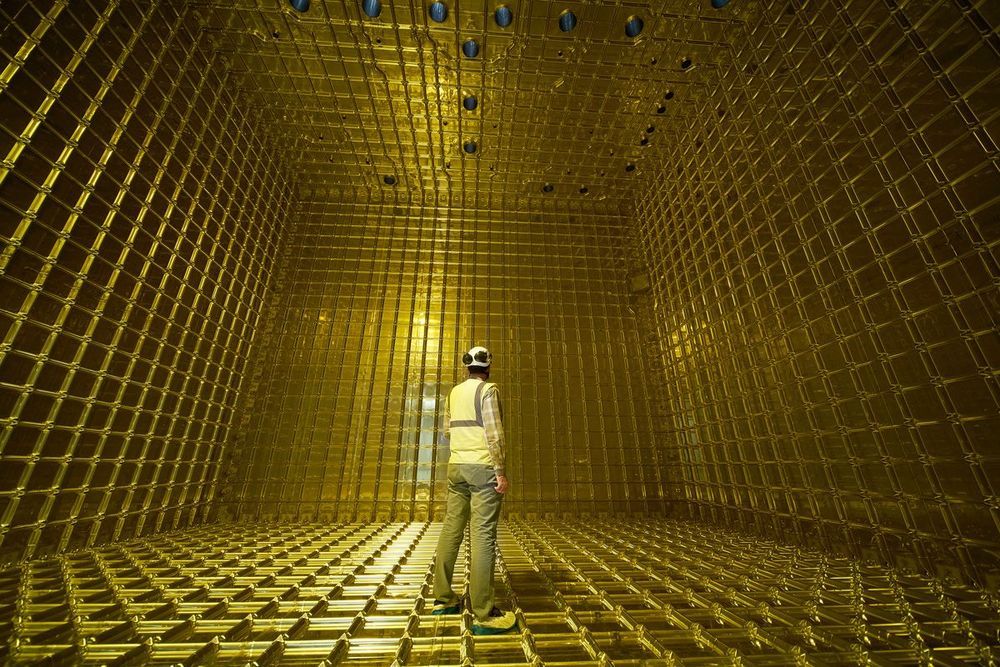And Vetek Association’s Mindmap of the 160 companies and 180 investors operating in the Israeli Longevity Industry Landscape.
Link to the Report: https://www.aginganalytics.com/longevity-in-israel

And Vetek Association’s Mindmap of the 160 companies and 180 investors operating in the Israeli Longevity Industry Landscape.
Link to the Report: https://www.aginganalytics.com/longevity-in-israel
Weird-looking robots are the best robots.




Time: it’s constantly running out and we never have enough of it. Some say it’s an illusion, some say it flies like an arrow. Well, this arrow of time is a big headache in physics. Why does time have a particular direction? And can such a direction be reversed?
A new study, published in Scientific Reports, is providing an important point of discussion on the subject. An international team of researchers has constructed a time-reversal program on a quantum computer, in an experiment that has huge implications for our understanding of quantum computing. Their approach also revealed something rather important: the time-reversal operation is so complex that it is extremely improbable, maybe impossible, for it to happen spontaneously in nature.
As far as laws of physics go, in many cases, there’s nothing to stop us going forward and backward in time. In certain quantum systems it is possible to create a time-reversal operation. Here, the team crafted a thought experiment based on a realistic scenario.

With the announcement today that Mammoth Biosciences has received the exclusive license from the University of California, Berkeley to the new CRISPR protein Cas14, the company now has the last piece of its diagnostics toolkit in place.
Cas14 is a newly discovered protein from the lab of Jennifer Doudna, a pioneer in gene-editing research and a member of the first research team to identify and unlock the power of CRISPR technology.
Doudna and Mammoth Biosciences co-founder Lucas Harrington were part of the team of researchers to identify the new Cas14 protein, which can identify single-stranded DNA. The journal Science published their findings in October 2018.

Chinese doctors have reported success with a new type of immunotherapy for multiple myeloma, a blood cancer: 33 out of 35 patients in a clinical trial had clinical remission within two months.
The researchers used a type of T cell called “chimeric antigen receptor (CAR) T.” In a phase I clinical trial in China, the patient’s own T cells were collected, genetically reprogrammed in a lab, and injected back into the patient. The reprogramming involved inserting an artificially designed gene into the T-cell genome, which helped the genetically reprogrammed cells find and destroy cancer cells throughout the body.

New York’s largest private real-estate development, the 18-million-square-foot Hudson Yards, can expect a flood of locals, tourists, and office workers at its grand opening on Friday.
For the first time, members of the public will be able to climb aboard Vessel, a 150-foot-tall honeycomb-shaped art installation in the public square; dine at the complex’s high-end restaurants, including Momofuku and D&D London; and browse its luxury retail stores.

In 2015, in a secret medical procedure carried out in Bogota, Colombia, the 44-year-old woman got dozens of experimental gene-therapy injections. Why? Because Parrish, the creator of a longevity company called BioViva, believes that science is on the cusp of delivering radically longer lifespans—and she wants to help bring on the revolution.